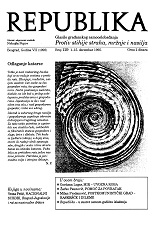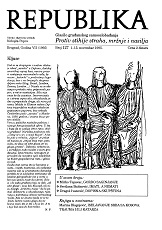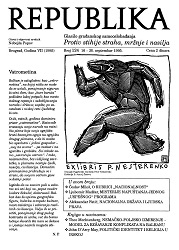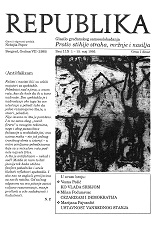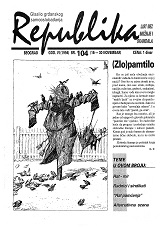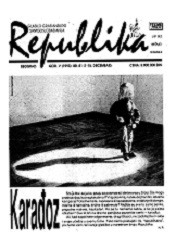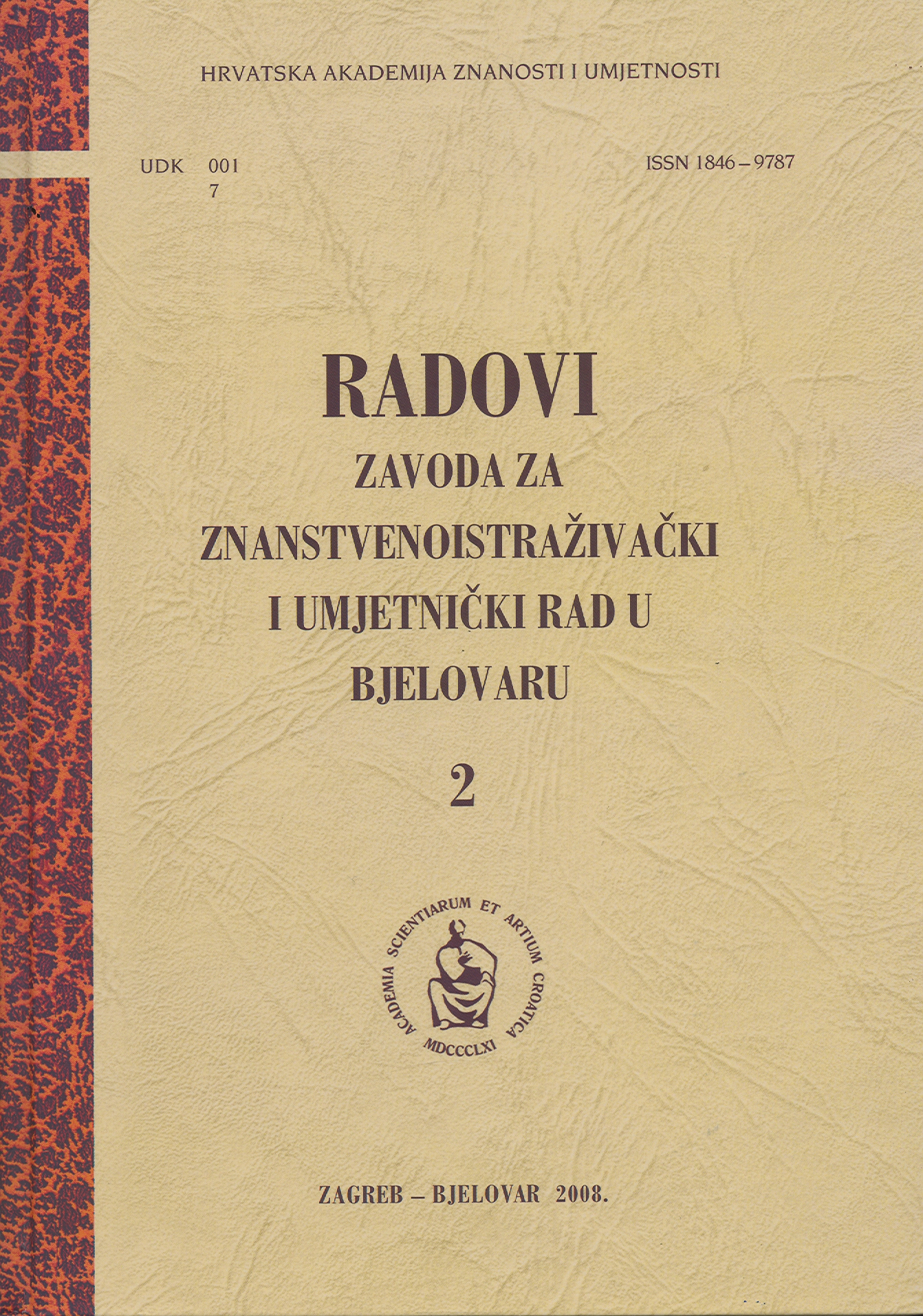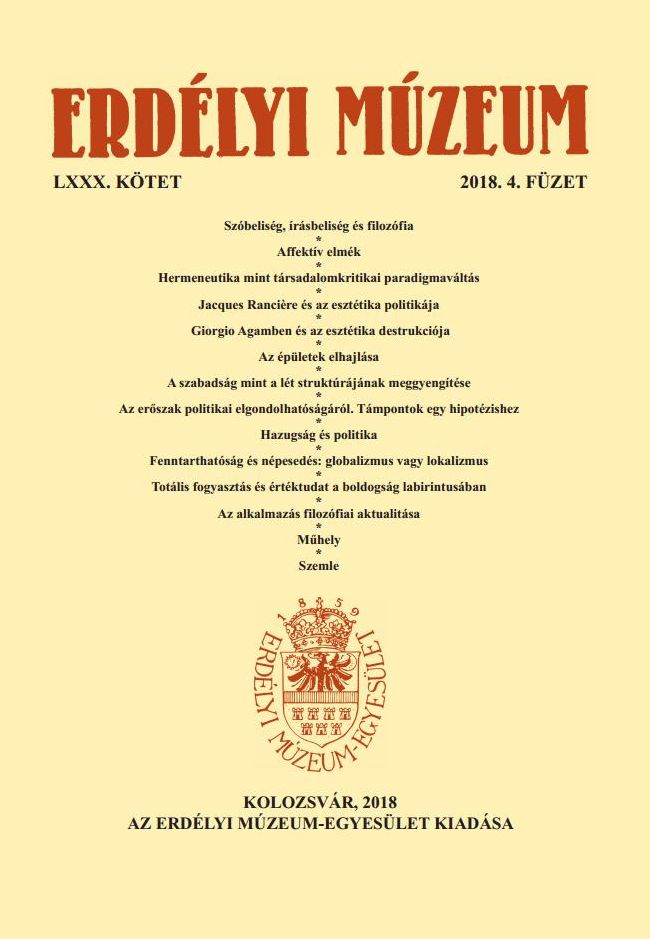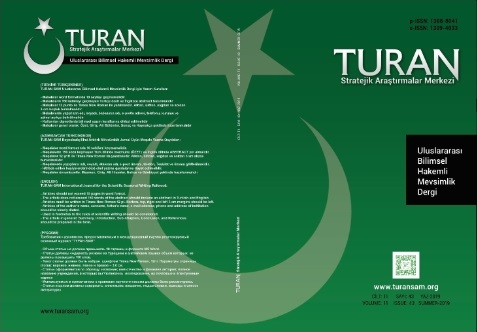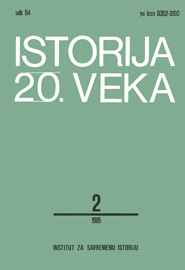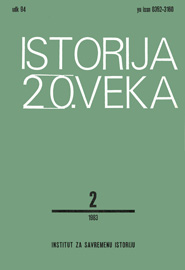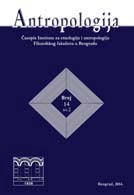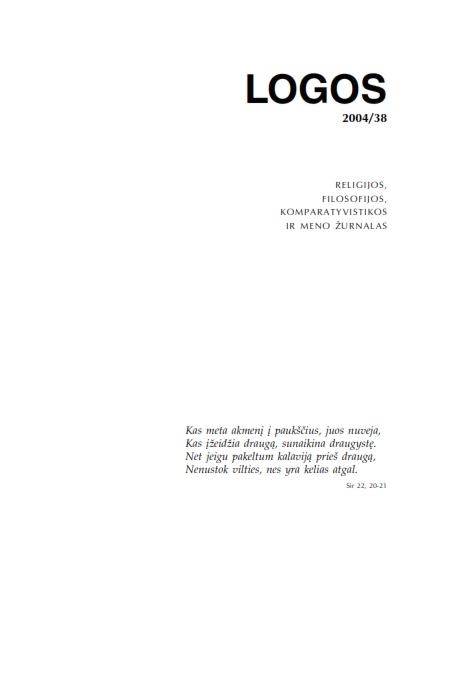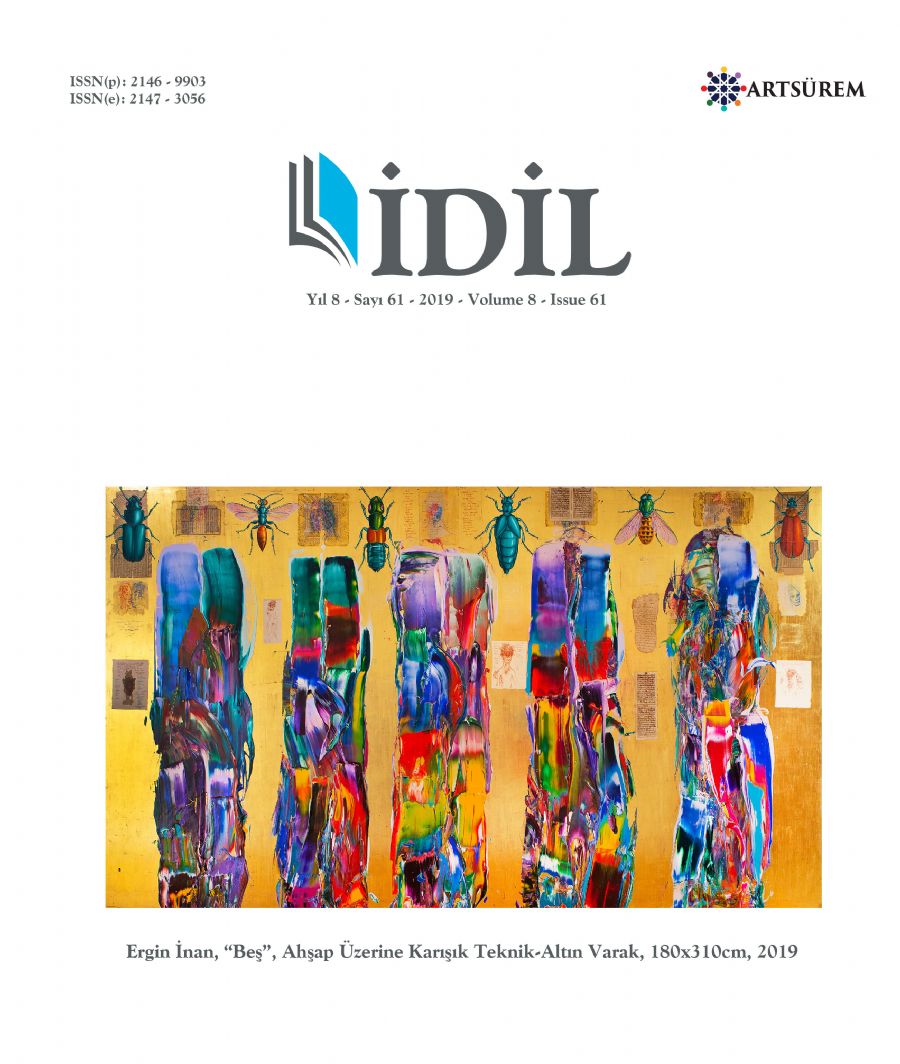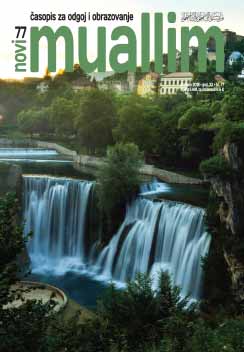What is “the Middle East”? American think tank experts on construction of the region
The aim of this research is to answer the question how the American think tank experts on the Middle East and US foreign policy towards the Middle East perceive the region and its construction, with a particular focus on the process of Othering. In order to achieve this aim, the article presents the theoretical explanations of the Othering. In the empirical part, the results of semi-structured interviews with the experts are analyzed and presented. The interviews revealed three angles of how the Middle East is perceived. These angles are the geographical location of the Middle East, the securitization of the Middle East and the universal superiority of the United States. The main finding of the research is that the perception of the Middle East is connected with the self perception or the question of “What is the United States of America?”
More...
